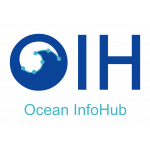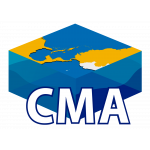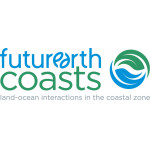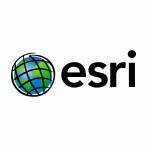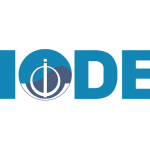ICAN
International Coastal Atlas Network
Established: 2006
| Organisation type: | Informal network |
| Geographical scope: | Global |
| Member countries: | |
| Participating countries: | Barbados, Belgium, Brazil, Bulgaria, Canada, Chile, Colombia, Denmark, Ecuador, Finland, France, Germany, Ireland, Italy, Kenya, Korea, Republic Of, Mexico, Netherlands, Panama, Peru, Portugal, South Africa, Spain, Trinidad/Tobago, United Kingdom, United States |
| Funding source | Percentage |
|---|---|
|
%
|
|
|
%
|
|
|
%
|
|
|
%
|
|
|
%
|
|
|
%
|
|
|
%
|
|
|
%
|
|
|
%
|
Organisation’s vision:
ICAN is a project of UNESCO IOC´s IODE Programme, and ICAN members seek to play a leadership role in forging international collaborations of value to the participating nations, thereby optimizing regional governance in coastal zone management and marine spatial planning.
Organisation’s mission:
The long-term strategic goal of ICAN is to encourage and help facilitate the development of digital atlases of the global coast based on the principle of distributed, high-quality data and information. These atlases can be local, regional, national and international in scale. This can be achieved by sharing knowledge and experience among atlas developers in order to find common solutions for coastal web atlas development whilst ensuring maximum relevance and added value for the users. In some cases, users may be significantly involved in atlas development itself.
Organisation’s objectives (if different from the Mission):
• Ensure that ICAN has representation from coastal web atlas development and user groups from across the world.
• Develop technical and policy guidelines to assist coastal web atlas developers in acquiring data and engaging with data providers. Accordingly, collate and publish a set of best-practise guidelines for the development of coastal web atlases.
• Highlight the benefits of interoperability and standards based systems to the coastal atlas developer communities.
• Develop collaborative projects to share experiences, knowledge, implement technical solutions and demonstrate the benefits of atlases to end-users.
• Align the atlas efforts of the Network partners in order that interoperability can be facilitated.
• Engage with other relevant international projects and developments, and provide technical assistance, consultation and support when requested
• Involve representatives of the relevant user communities to help in tailoring coastal web atlases to their needs.
Keywords
- coastal atlases
- coastal management
- interoperability
- mapping
- open data
Activities
- Data management, interoperability, sharing, access, open data policies
- Ocean literacy/public outreach
- Provision of (ocean) information services

